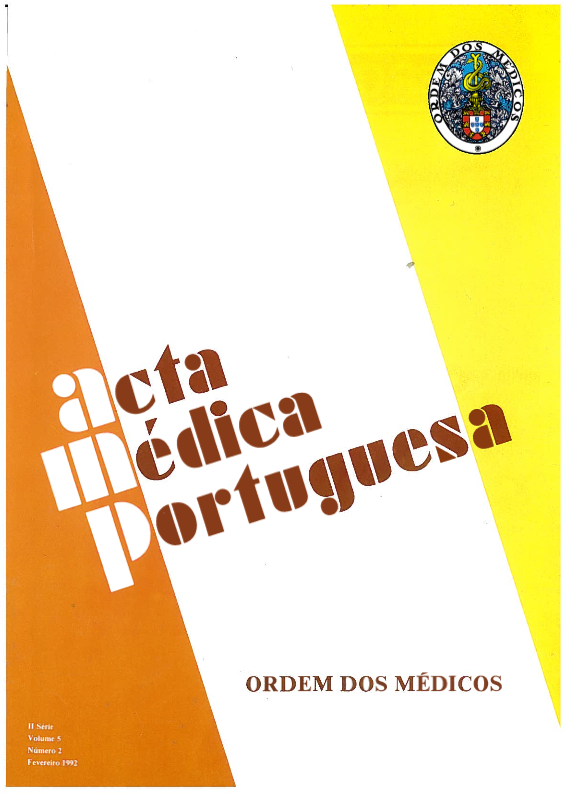Significance of digestive hemorrhage in patients with chronic renal insufficiency in hemodialysis.
DOI:
https://doi.org/10.20344/amp.3200Abstract
Gastrointestinal Bleeding (GIB) is a complication in patients with Chronic Renal Failure (CRF) on regular hemodialysis (HD). To analyse the importance of GIB we studied, retrospectively, the causes of hospitalization in 301 patients, all on HD in the same Unit in January 1990. The average age was 57.4 +/- 14.2 years (17 to 87), time on HD 58.3 +/- 44.9 months, male = 166, female = 135. Of a total of 169 hospitalizations, the infectious disease were the most frequent cause with 37 admissions (21.9%), followed by gastrointestinal diseases with 34 admissions (21.1%). Of these, 23 (13.6%) were due to GIB (Upper GIB = 19, Lower GIB = 4). The etiologies of Upper GIB were: Peptic Ulcer = 9, erosive Gastritis/Duodenitis = 7. Angiodysplasia = 1, Mallory Weiss = 1 and unknown = 1. The etiologies of Lower GIB were: Angiodysplasia of the colon = 3, Cancer of the colon = 1. Non-steroid anti-inflammatory drugs (NSAID) had a positive correlation (p less than 0.01) with Upper GIB due to erosive Gastritis/Duodenitis. Surgery was necessary in a 8 cases of GIB, 7 of them due to Peptic Ulcer. GIB is an important cause of morbidity in patients with CRF on HD. Peptic Ulcer and erosive Gastritis/Duodenitis were the most frequent causes of GIB in the population studied. Angiodysplasia of the colon was the most important cause of Lower GIB. NSAID appear to be a risk factor for GIB from erosive Gastritis and or Duodenitis.Downloads
Downloads
How to Cite
Issue
Section
License
All the articles published in the AMP are open access and comply with the requirements of funding agencies or academic institutions. The AMP is governed by the terms of the Creative Commons ‘Attribution – Non-Commercial Use - (CC-BY-NC)’ license, regarding the use by third parties.
It is the author’s responsibility to obtain approval for the reproduction of figures, tables, etc. from other publications.
Upon acceptance of an article for publication, the authors will be asked to complete the ICMJE “Copyright Liability and Copyright Sharing Statement “(http://www.actamedicaportuguesa.com/info/AMP-NormasPublicacao.pdf) and the “Declaration of Potential Conflicts of Interest” (http:// www.icmje.org/conflicts-of-interest). An e-mail will be sent to the corresponding author to acknowledge receipt of the manuscript.
After publication, the authors are authorised to make their articles available in repositories of their institutions of origin, as long as they always mention where they were published and according to the Creative Commons license.









